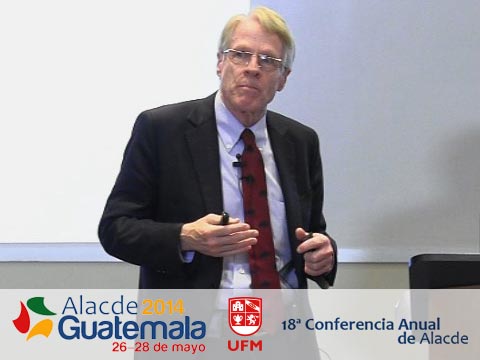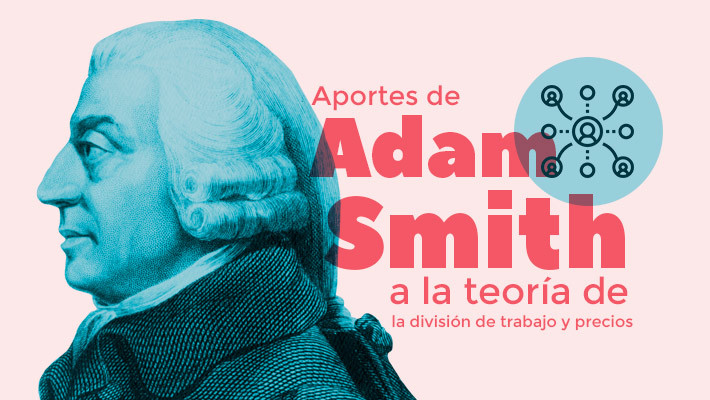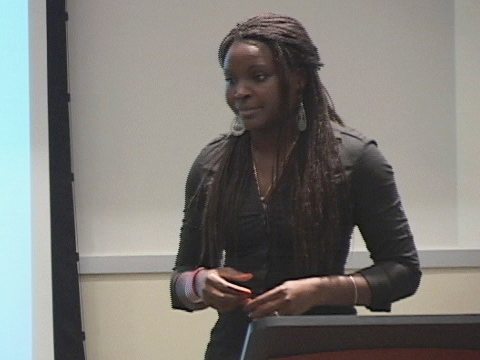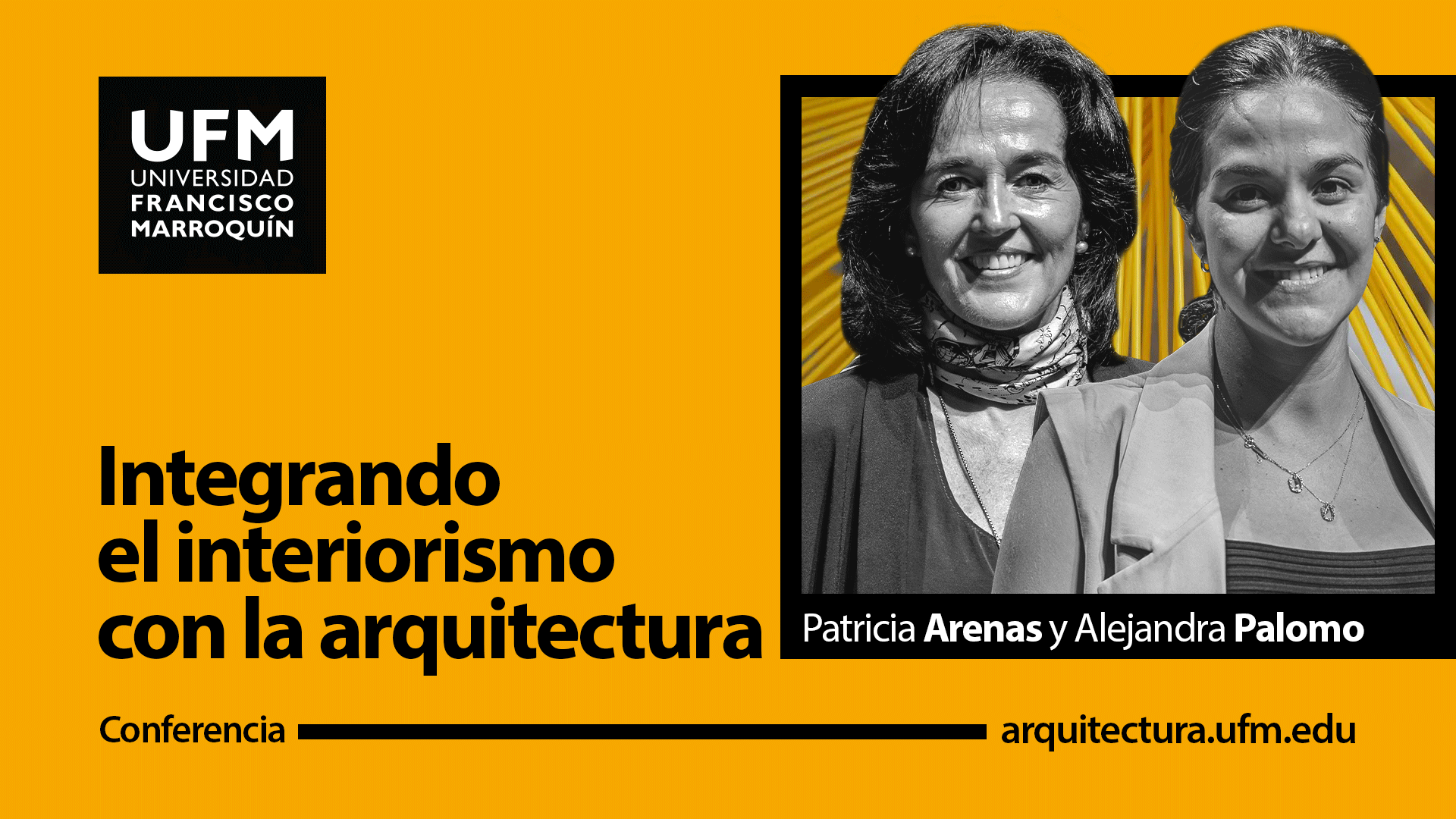About this videoEduardo Velásquez talks about Adam Smith's views of religion as reflected in The Theory of Moral Sentiments. Velásquez explains how Smith blurs the distinction between the theological language of conscience and the psychological language of consciousness. He also discusses Smith's idea of divinity and its role in assuaging anxiety; exploring whether Smith may have viewed religion as more than just a means to an end. Velásquez also acknowledges that Smith may have held contradictory views on the role of religion—that potentially it could either elevate human beings or thwart their initiative. |
|
CreditsThe Theology of Adam Smith | |










